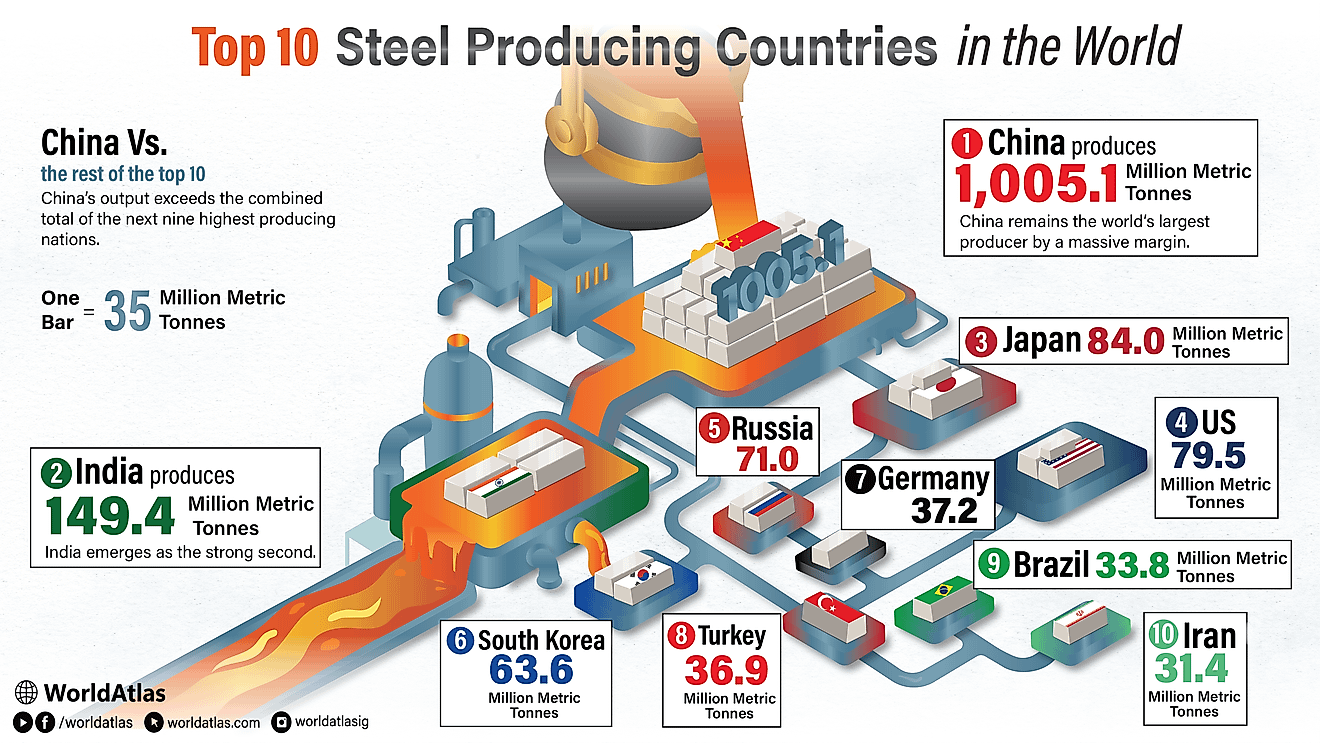Countries Leading the World in Cashless Transactions

Recently, in India, the central government of the country led by Prime Minister Narendra Modi has implemented a shock ban on currency notes of higher denominations, a move referred to as demonetisation. The move has been executed with the aim to curb the circulation of "black money" in the country and associated problems. The Indian government is also constantly encouraging the people of India to go cashless and reduce dependence on cash transactions and instead adopt digital payment methods. So, what is meant by "cashless" and what are the advantages and disadvantages of a country going cashless?
What Is A Cashless Society?
A cashless society is a society where currency notes or cash money are not used in monetary transactions. It is a hypothetical move or situation in favor of alternative means of exchange. Cashless societies in the past were based on the barter system where people exchanged their livestock for food crops or other goods. However, the present concept of a cashless society or country is a completely new thing. Here cashless transactions are made with the help of digital currencies like the bitcoin. In a truly cashless society, legal tender (money) is exchanged and recorded only in the electronic digital forms.
When Did The Trend To Go Cashless Begin?
During the 1990’s, the growing popularity of electronic banking made the use of non-cash transactions and settlements popular among the residents of some of the most technologically advanced nations of the world. Digital payment methods became well established in countries across the world by the 2010’s. Online tools like Paypal, NFC payments by smartphone or electronic cards, digital wallet systems operated by Apple, electronic banking and bill payment systems helped people make cashless transactions online. Some countries even started to set limits on transaction values that can be used for non-electronic payments to encourage cashless transactions.
Potential Problems Associated With A Cashless Society
The move towards a cashless economy is heavily debated and controversy-prone. Several points have been raised about the negative effects of cashless transactions. In a cashless country, the complete control of transactions, individual use of money, information about public monetary assets, and interest rates are with the nation state and third party providers. An individual’s money is under external control and is subject to external regulations and restrictions. Negative interest rates might become applicable. Also, in a cashless society, individual transactions and incomes become accessible to legitimate parties like police or tax officials, and chances of hacking also increase.
Potential Benefits Of A Cashless Society
Cashless economies would be helpful to the global economy. Since cash is the primary mode of transactions in money laundering and terrorism financing, a cashless society would discourage such laundering and terrorism. Central governments would also benefit from such cashless transactions as it would allow central control of money supply. It would be easier for government to monitor income tax paid by individuals and proper payment of tax would strengthen the nation’s economy. Cashless transactions would be helpful in the context of negative global inflation and quantitative easing. Going cashless would also reduce the levels of corruption prevalent in the country.
Countries Going Cashless
The most cashless societies of the world have been enlisted below. This data comes from a study done by Forex Bonuses. The scoring takes into consideration things like the amount of cards (debit and credit) per member of the population, the growth in the popularity of cashless payment, and the overall awareness of mobile payment technology. Coming out on top is Canada, where an estimated of 57% of transactions are cashless, making it the dominant way of paying. Next on the list are Sweden and the United Kingdom, where the majority of payments are cashless. France, the United States, and China are not far behind when it comes to cashless payment.
Which Are The World's Most Cashless Countries?
| Rank | Country | Forex Cashless Score |
|---|---|---|
| 1 | Canada | 6.48 |
| 2 | Sweden | 6.47 |
| 3 | United Kingdom | 6.42 |
| 4 | France | 6.25 |
| 5 | United States | 5.87 |
| 6 | China | 5.17 |
| 7 | Australia | 4.92 |
| 8 | Germany | 4.19 |
| 9 | Japan | 3.12 |
| 10 | Russia | 1.95 |











